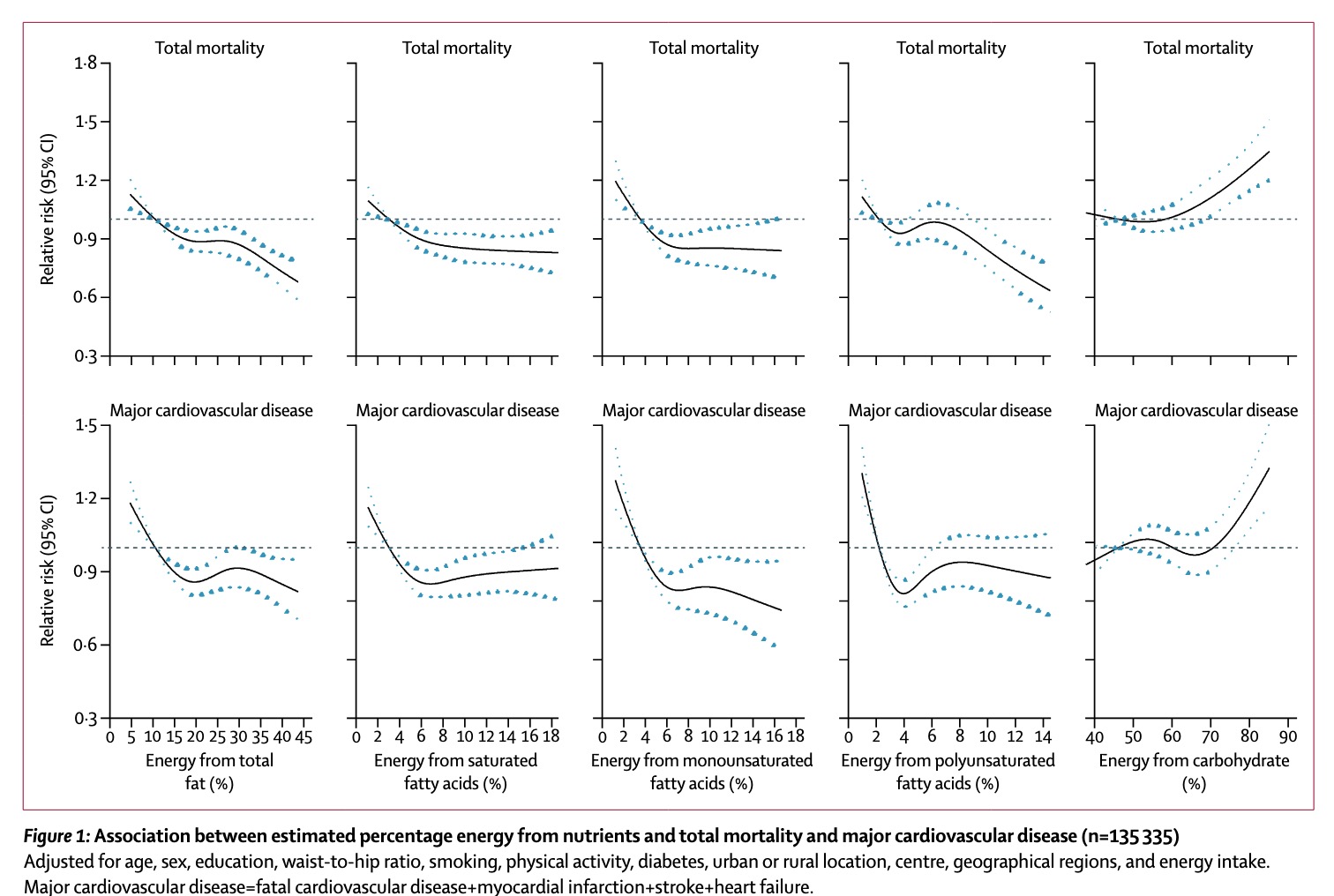this post was submitted on 05 Jan 2025
6 points (100.0% liked)
Metabolic Health
62 readers
7 users here now
A place to discuss metabolic health research, papers, talks, etc.
This topic can touch upon many people's personal triggers, so please be civil.
Rules
- Be nice
- Stay on topic
- Don't farm rage
- Be respectful of other diets, choices, lifestyles!!!!
- No Blanket down voting - If you only come to this community to downvote its the wrong community for you
The banner poster in high resolution can be found here
founded 3 months ago
MODERATORS
you are viewing a single comment's thread
view the rest of the comments
view the rest of the comments

This conclusion seems to be outside of the data collected. They are making the link between very low carbohydrate diets (<50%, so 49%), and "short term energy demands". This is linking a preconceived notion to a misnomer term. In the low carb high fat research sphere, 49% would be considered high carb, and well outside of the level needed to maintain nutritional ketosis. It doesn't even touch upon gluconeogenesis and the fact it is established in nutritional literature there isn't a thing such as a essential carbohydrate. Note the lack of references for this statement
This also makes the assumption that there we would see a linear benefit for carbohydrate reduction, its a theory that should be tested, not assumed. (It's a step function, with nutritional ketosis/insulin sensitivity being the step)
This is a great paper, doing good research, but I think its overstepping its remit making conclusions / recommendations for properties it was not studying.
Well put.
That's not low carb, that's nominally reduced carb in the US since the carb-craze low-fat nonsense since the 1980's.